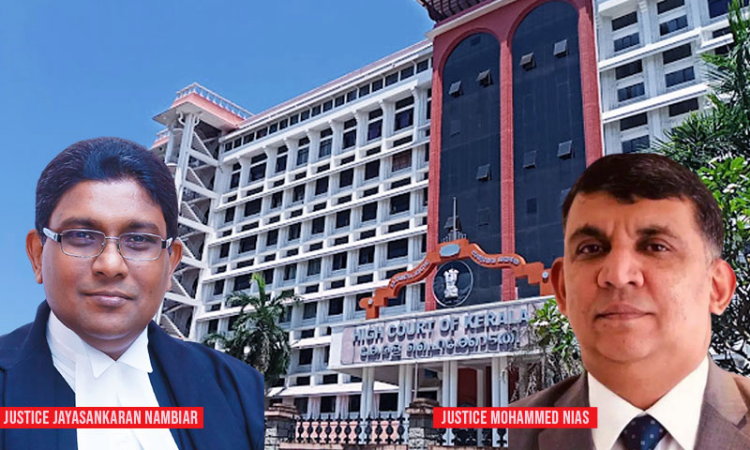Retired Employee Can't Seek Annual Increment For Pension & Gratuity If It Falls Due A Day After Superannuation: Kerala HC
Navya Benny
24 Nov 2022 2:45 PM IST

Next Story
24 Nov 2022 2:45 PM IST
The Kerala High Court on Tuesday held that a Government servant who retires on the last working day of the preceding month and whose annual increment falls due on the first of the succeeding month is not entitled for sanction of annual increment for the purpose of pension and gratuity. The Division Bench comprising Justice A.K. Jayasankaran Nambiar and Justice Mohammed Nias C.P. passed the...
